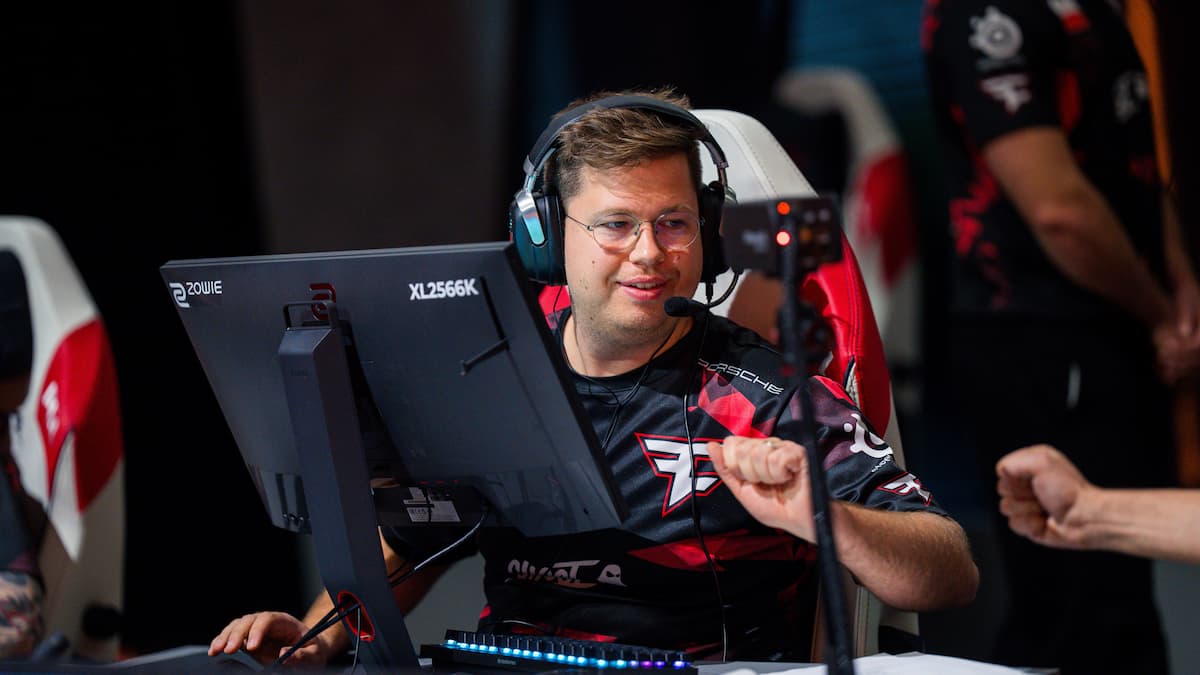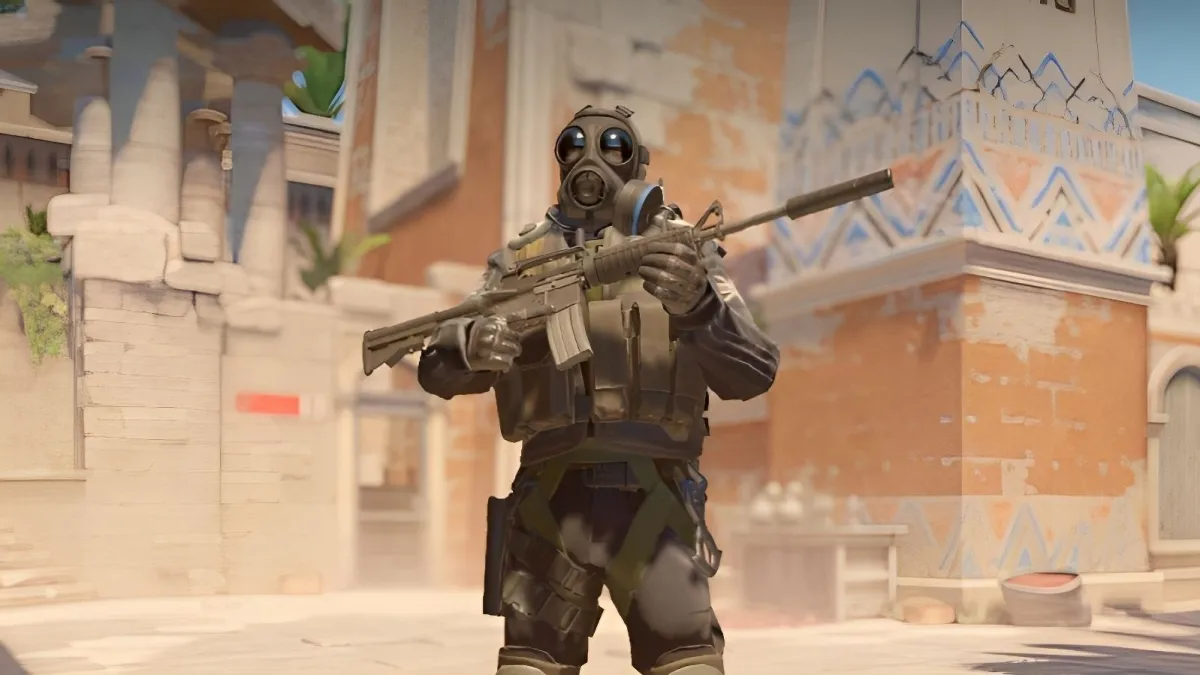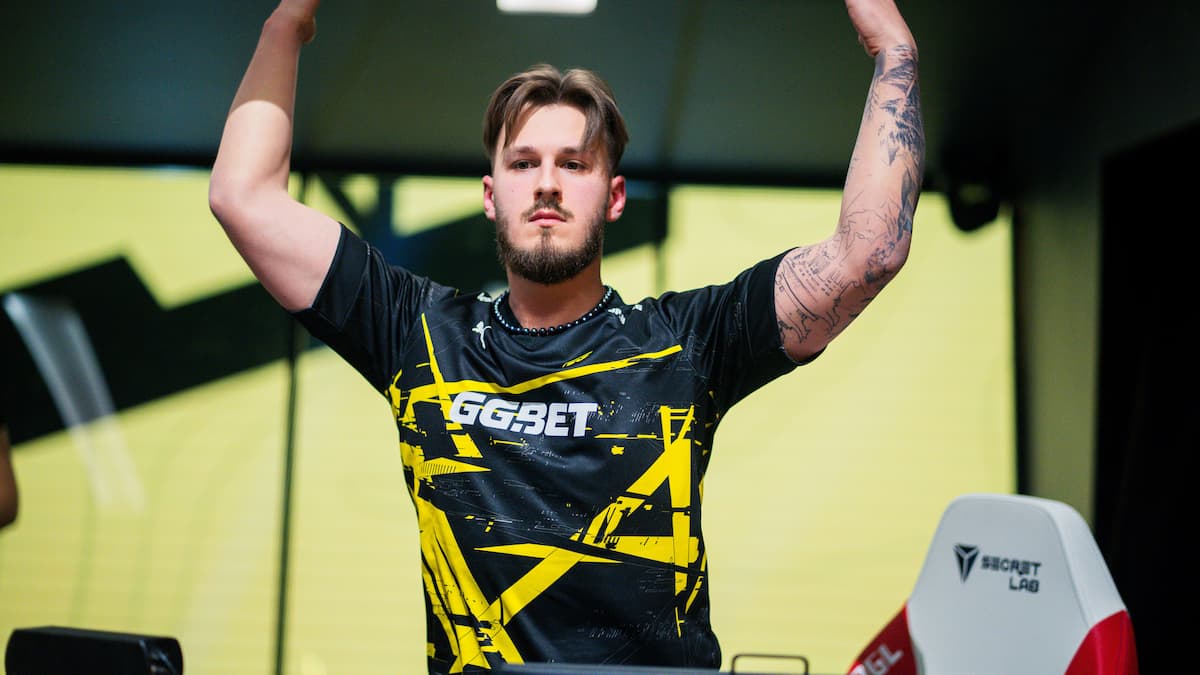Valve has helped push esports into the future by providing novel ways to monetize the success of teams and player with Counter-Strike: Global Offensive and Dota 2.
Selling stickers, banners, couriers, and other in-game items branded with team logos opens up a new revenue stream for teams usually reliant on sponsorship dollars. It’s the esports version of selling jerseys.
Last night, Valve revealed its extending that stream to the players directly, considering a system where players can sell their own stickers during Dreamhack Winter on Nov. 27-30.
Basically, it wants to allow players to sell their own autographs.
Valve wants qualified players to submit signatures set on a blank sheet of paper and set up their tax information so they can be properly paid.
Whether these will be available for purchase individually or in sticker capsules, a la many team stickers available at other events, remains to be seen. But whatever the case, this is a great opportunity for players to pull in some extra cash.
In some ways, it seems like Valve’s way to solve a growing argument among players and teams, one that came to a head when the now-Cloud9 team publicly complained that Complexity kept their sticker revenue.
The team argued that the revenue was from selling their logo, and so that money belongs to the brand. The players said the only reason it was popular was because of them. It’s the kind of dispute that sounds silly in the context of professional sports, where these kind of things are specifically outlined in contracts. But in esports, this kind of revenue is new, and teams and players are still figuring out how to split up the pie. And it’s a large pie.
According to HLTV.org, the top eight teams at EMS Katowice received about $18,000 in revenue from sticker sales during the event. At ESL One in Cologne, the top eight teams raked in up to $120,000 each. That’s not even mentioning the other qualified squads, who also pulled in significant revenue.
By adding player signatures to sticker capsules, Valve will be able to share some of that revenue directly with players, creating separate revenue streams for players and teams. But the player stickers could cut into sales for the team items. Is that a spot where Valve really needs to intercede?
That’s a complicated question, and one best left for a more informed discussion.
The important thing now? Player stickers. Autographs. You can buy them during Dreamhack.
Image via Counter-Strike






Published: Nov 14, 2014 01:11 pm